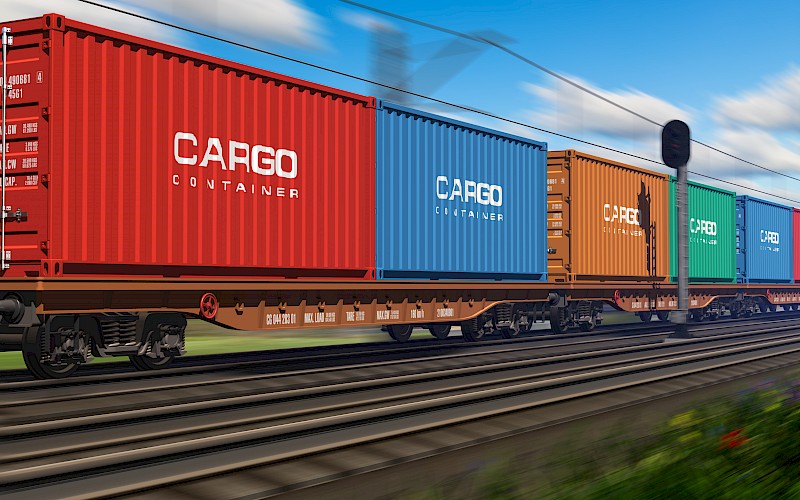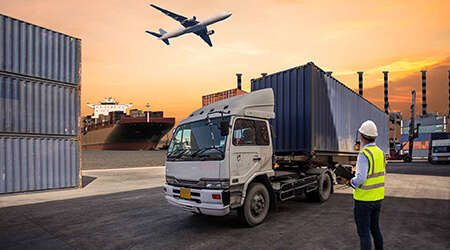Advantage
Efficient for Long Distances : Rail freight is particularly efficient for long-distance transportation, as trains can cover vast distances relatively quickly compared to trucks or ships.
Reduced Carbon Emissions : Rail transportation is generally more environmentally friendly than road transportation, producing lower carbon emissions per ton-mile of freight transported. This makes rail freight a more sustainable option for businesses looking to reduce their carbon footprint.
Capacity : Railways have the capacity to handle large volumes of freight, making them suitable for industries such as mining, agriculture, manufacturing, and retail that require the transportation of bulk goods.
Intermodal Connectivity : Rail freight services can be integrated with other modes of transportation, such as trucks, ships, and air cargo, to provide seamless door-to-door transportation solutions for businesses.
Global Connectivity: Rail freight services provide connectivity to international markets through transcontinental railway networks, such as the Trans-Siberian Railway, the Transcontinental Railroad in North America, and the Eurasian Land Bridge.


